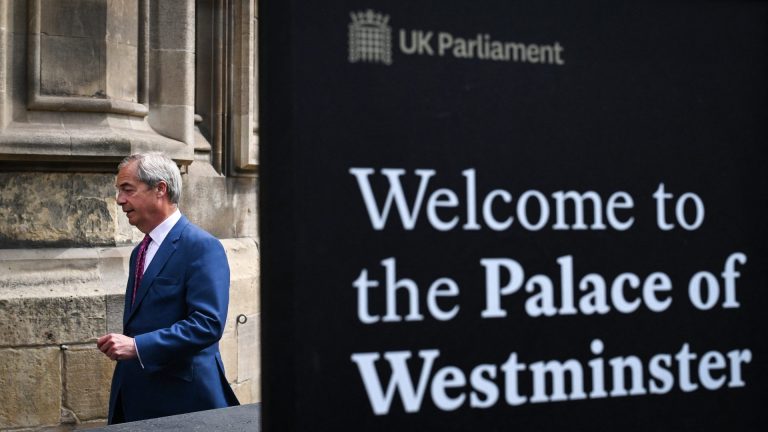A vision in blond wood, white leather bar stools and espresso machines, the Italian pavilion at WOMEX, the worldwide music expo, was hard to miss. There were thousands of acts from over 90 countries at the event, which was a scrum of networking industry people. But shining through the quotidian stands in Manchester Central, this year’s venue, the deliberately plush image of the Italian display conveyed a clear message: that when it comes to music, Italy’s where it’s at.
Italy’s music industry was hit hard by Covid, and lockdown put around 1.5 million Itlaians in the cultural sector out of work. But the music scene has rebounded – in the first half of 2024, live events increased by 15%, audiences grew 30% and revenue from recorded music rose by 15% to €203 million.
Italy’s government institutions noticed this cultural success and the WOMEX delegation is backed by Italy’s Trade Association, music promoters Assomusica and others. And they really did have a very snazzy pavilion.
Italy’s current musical success is in contrast to the UK’s situation, where musicians are still hamstrung by what one Italian delegate called the “catastrophe” of Brexit. While Elton John campaigns for musicians unable to tour due to Brexit’s red tape, costs and limitations, the Italian Eurovision winners Måneskin sell out arenas abroad, play with the Rolling Stones and are feted by Variety for reviving American-style rock.
Is there something in the Italian water, I asked Rita Zappador, director of Assomusica, as we perched on those sleek bar stools. Is Italian music on a new surge? “We’ve always been there,” she laughs. “You’re just discovering us.”
It’s true, Italy’s musical traditions are very deep, and encompass classical, opera, crooners, gravelly pop singers, 1970s rock, film scores and Italo disco. It has always been a vibrant scene, even though internationally it hasn’t always been so prominent. In Italy, all top 10 albums and singles in the first half of 2024 were by Italian musicians.
For decades British popular music thrived, while, “Italy was seen like a province of the empire,” Zappador, says. Now that balance is starting to shift, as Italy is rushing to export its own increasingly energetic music scene, alongside those other defining Italian industries: cars and food.
Politicians became fully alerted to the value of the creative arts sector during the Covid lockdown, says Zappador, when music venues and theatres closed and the authorities had to support millions who were suddenly out of work. And, it turns out they had to do it, as Article 9 of Italy’s constitution creates an obligation to promote culture and heritage.
Here at WOMEX, the focus of the Italian offering also takes in the nation’s different regions. Cristina Fina, from Puglia Sounds, cites the jazz musician Nicola Conte, folk vocalist Maria Mazzotta and acclaimed ensemble Canzoniere Grecanico Salentino, all of whom come from Puglia, at the heel of Italy. Immigration has helped to shape the sounds of that southern region — its famous cellist, Redi Hasa, fled Albania during the 1990s Balkan wars.
Set up in 2010, Puglia Sounds was the regional precursor to today’s national project to support and export Italian music. It has promoted 400 record productions, over 900 national tours and gigs, and 2,000 international concerts.
“This was the first time a region showed music as an important economic sector generating value and employment,” Fina says. “It’s the lifeblood of our society.”
The northern region of Emilia Romagna followed suit. Gianluca Giusti, music export consultant at Emilia Romagna Sounds, says that government initiatives are invaluable, but to be wary of positive statistics, which can be skewed by the rising ticket prices for top bands: “I think it’s a part of an illusion… I work with emerging artists and it’s very difficult.”
He’s right about that. Covid hit Italy hard. Small venues closed and prices rose. Even crossing the border to put on a low-budget performance in France can be prohibitively expensive because of the travel costs involved.
As WOMEX closes, Mauro Durante and Justin Adams take the stage — an Italian violinist and percussionist specialising in southern Italian folk dance styles, along with a British blues-rock guitarist and former collaborator with Robert Plant whose music is steeped in sounds of North and West Africa. Italy might elect nationalists, but now it’s backing diversity in music.












